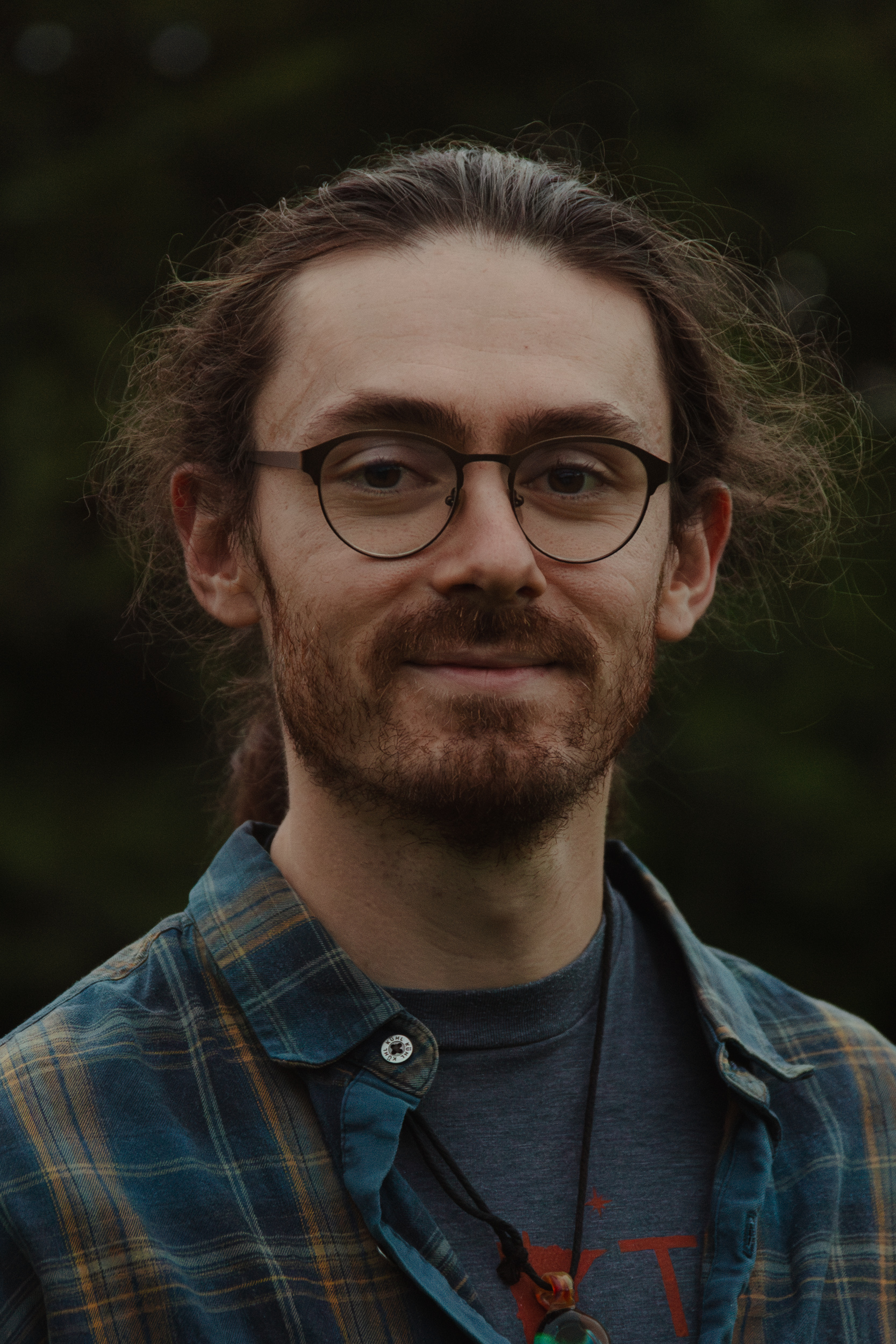
The PhD defence and trial lecture will be hybrid. Attendees can therefore participate either in-person or via Zoom. The link will be available the day before the disputation. The host of the session will moderate the technicalities while the chair of the defence will moderate the disputation. The Zoom links will be published no later than the day before the disputation.
Ex auditorio questions: the chair of the defence will invite the audience to ask ex auditorio questions either written or oral. This can be requested by clicking 'Participants' -> 'Raise hand'.
Join the disputation
The meeting opens for participation just before the disputation starts, and closes for new participants approximately 15 minutes after the defence has begun.
Join the trial lecture - 4th of September at 10:15 (Aud. 209, Svein Rosselands Hus/Zoom)
"Results of the European Pulsar Timing Array. Implications for cosmology."
Conferral summary
Observasjon av det tidligste lyset i universet er skjult av en rekke vanskelige signaler. Det kosmologiske signalet er omhyllet av lyse galaktiske signaler og solsystemsignaler, samt. uønskede effekter fra instrumentene som observerer dem. Innenfor Daniel sin avhandling har han begrenset og utviklet modeller for både himmelen og instrumentsignaler.
Main research findings:
Modern cosmology is driven by observations of large-scale tracers of earlier stages of the universe. The earliest observable points in the universe are seen through the cosmic microwave background. This background signal has been observed consistently for the last half-century, giving us tight constraints on the leading cosmological theory. Still, there are unanswered cosmological questions which can be revealed through observations of this signal, particularly in its polarized nature.
These polarized signals are exceptionally weak and signals given off from within our Galaxy shroud this weak cosmological signal. Additionally, the instruments which observe these signals leave their mark on the data, which not only obscures the cosmological signal in its own right, but also tightly couples with the Galactic signal.
This thesis focuses on the interplay between the microwave sky and the instruments which observe them, utilizing the strengths of combining the data from several instruments in a unified framework. Using these data, my colleagues and I have resurrected data previously unfit for cosmological analyses. As a part of this effort I applied new models for low level instrumental effects, set tighter constraints on the polarized nature of Galactic signals, and helped develop a dynamic model of dust emission from within our own solar system.
Contact information for the Institute of Theoretical Astrophysics